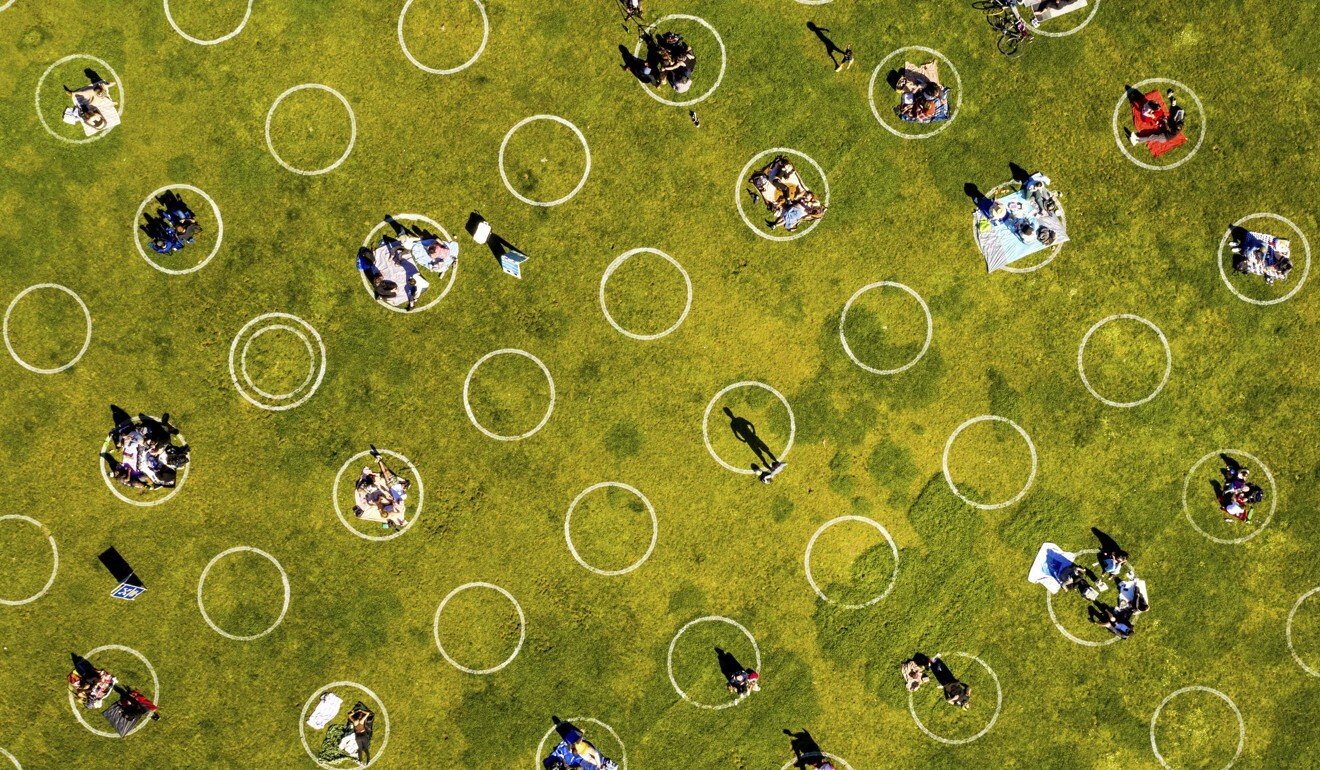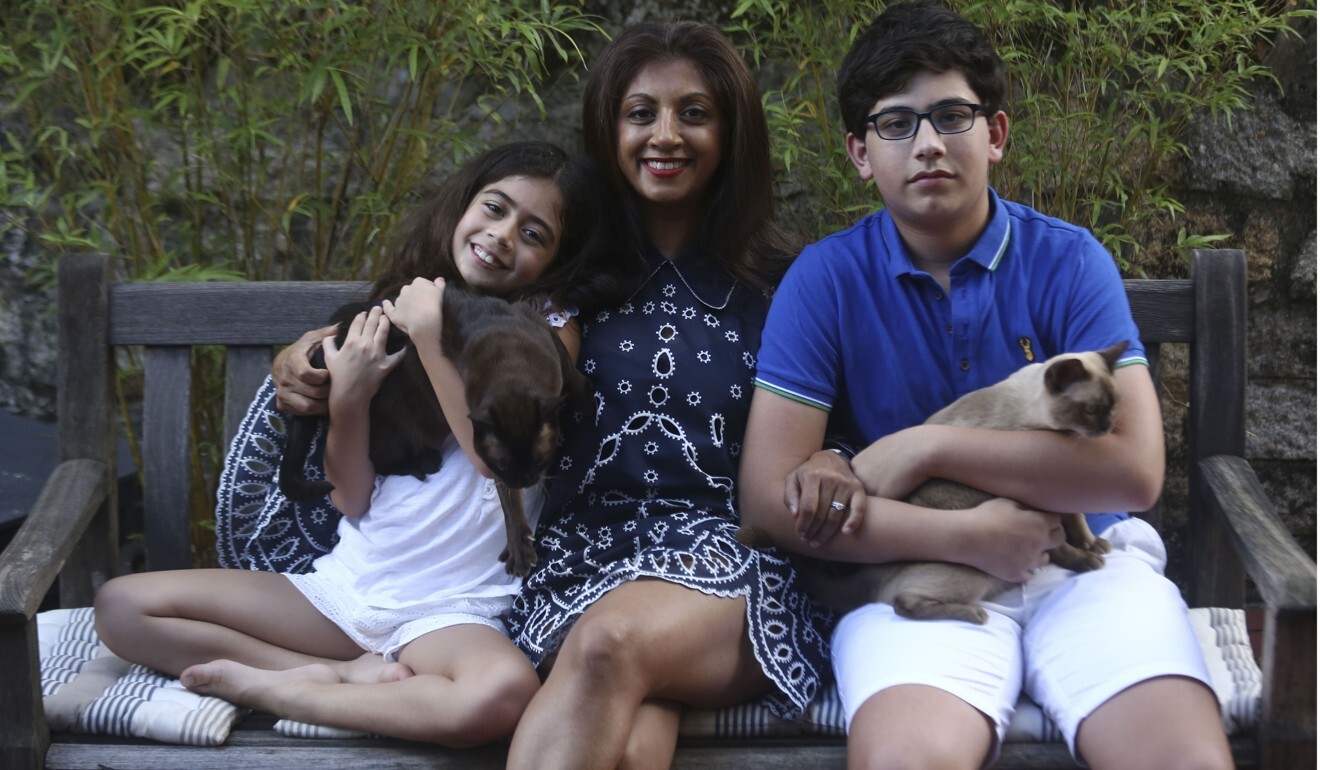
Pandemic positives: the upsides to lockdown, from reconnecting with old friends and family to acts of kindness
- The coronavirus pandemic has caused widespread death and hardship, disrupted business, travel and economies and caused big job losses
- There have, however been upsides, mostly concerned with relationships and reconnecting
The coronavirus pandemic has thrown the world into turmoil, taking hundreds of thousands lives and leaving many fearing for their jobs and futures. But as we come out of enforced lockdowns and social distancing rules are relaxed, many are beginning to acknowledge that there are some positives to be salvaged from this extraordinary time.
These unexpected upsides to the pandemic might be explained by what sociologists refer to as the “law of unintended consequences” theory, mooted by American sociologist Robert Merton in 1936.
“Everything has intended and unintended consequences, both positive and negative … I use that theory to make sense of what happened to people during the lockdown,” says Professor Chan Kwok-bun, an adjunct professor at the Hang Seng University of Hong Kong.
Chan noticed that during his period of self-isolation, his normal routine disrupted, his mind frequently wandered to the past, as far back as his childhood. When friends he hadn’t been in touch with for decades contacted him, he knew he wasn’t alone in reminiscing.

“In the past few months, I’ve received messages from people I’ve not seen for 30 years, many hundreds of words telling me about what has happened since we last met,” says Chan.
He says this yearning to recall the “good old days”, a desire to indulge in nostalgia, is a way of dealing with a harsh present. Likewise, the urge to reconnect with old friends and colleagues, and forge new connections with our neighbours, is also a coping strategy.

“Nostalgia as a coping strategy and community building are two measures that people use to deal with the unknown. It’s good for our mental health,” says Chan.
Kirti Lad, executive director of Meraki Executive Search & Consulting in Hong Kong, describes the pandemic as a “pause button on our normal busy lives”, an opportunity to take stock of what’s happening around us in a more mindful way. Observing her two children – aged nine and 11 – get to grips with home schooling and learn to manage their own time has helped her forge an even closer bond with them, and better understand their school lives.

She is also closer and in more regular contact with her three sisters and parents overseas. She plans to continue the Zoom and WhatsApp calls with family that began during the pandemic.
“Now, whenever one of us [sisters and parents] call, we automatically add the others to the call. It’s a different social structure to how we connect with family and friends,” she says.
Because work slowed over the lockdown period, she says she was able to spend more time building relationships with colleagues. The common experience of the pandemic, she says, made people more willing to be vulnerable and kinder to each other. These “unintended consequences”, the upsides of an otherwise frightening time, she plans to take through to the future.
How the mind and body connect and affect the immune system
“I like now having the access to my kids’ side of things more, to being more present around people. The superficial stuff doesn’t seem as important, I feel I connect with people on a more human level because of this experience,” says Lad.
Dr Cindy Chan, a clinical psychologist, says being at home alone or social distancing has made people more self-aware. Rather than turning our attention outwards, it was a chance to focus in and enhance our understanding of ourselves.
“We think about our past or what we have been doing in these last few years. Will I do the same thing after the pandemic or will I change something? Maybe I have to shuffle my schedule, so I have more time for my family or friends,” says Cindy Chan.

She encourages her clients to practise mindfulness at home during social distancing, to help reduce anxiety and as an excellent coping strategy to draw on if required in future.
“The first step is to become aware [of anxiety] and then to learn to manage the emotion. Every day in clinical work I teach mindfulness exercises, so [clients] can access their own inner wisdom,” says Cindy Chan.
How to create happy memories – and not forget them
“What distracts us in the shower is our thoughts, we ruminate. Mindful showering is about being present – be aware of the smell of the shampoo, the feeling of the water on your skin. Start by being fully present for just one minute and then build up to five minutes,” says Cindy Chan.
As the world opens up and social distancing measures are eased, there are some unexpected upsides to an otherwise frightening period that can be carried forward.
“The poets will say this was a mystical poetic moment, a chance for people to rediscover humanity, to discover their own souls and lives,” says Chan Kwok-bun.

